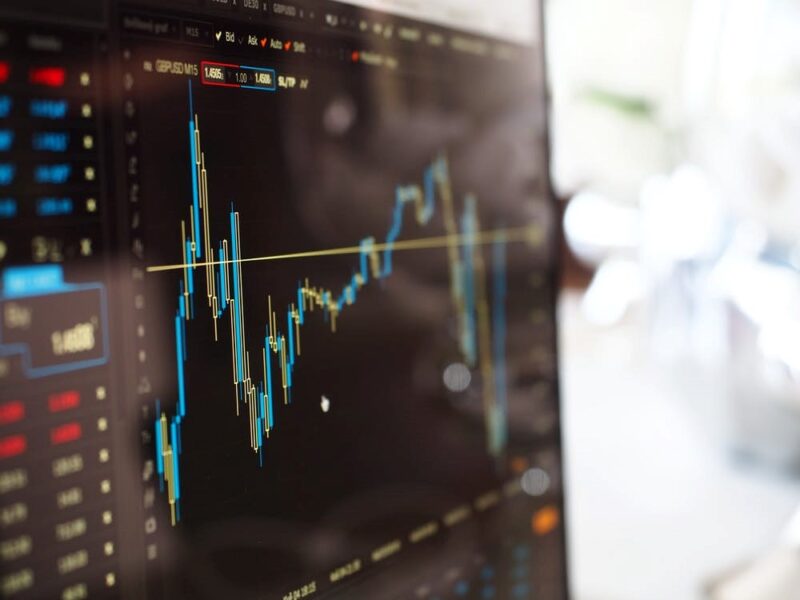Precious Metals
Before anything else, what are precious metals? The answer is about as simple as it sounds: they are rare metals that contain high value, like the obvious gold or silver. Your shiny silverware and fancy jewelry may be made of precious metals, thought it is also likely they are simply coated in them.
When discussing these valuable finds, another word tens to pop up: “bullion”. Bullions are those iconic bars of gold – but not only gold – monetarily valued by their weight. Those bars are then melted down and turned into your coins or rings, making them essential to the process.
When considering whether or not to purchase, you should look into the current value of whatever it is you want, just in case you want to sell it later. More about this will be covered in the Investing section, but prices vary based on multiple factors, including basic supply and demand. Scanning trends and the like will help with finding your place in this volatile market.
Selling

Now that you know what precious metals are, perhaps you recognize a few of them lying around your house. You haven’t worn that necklace in a while, have you? Or maybe that fancy teaspoon is gathering dust? If these bits and bobs don’t have value to you, maybe they’ll have value to someone else.
Pawn shops and dealerships are a dime a dozen, but they’re risky business. Like many other industries, buying and selling of gold is highly regulated, thanks to the Gold Reserve Act of 1934. While the Act is no longer in effect, its wide-reaching consequences can still be felt today.
It might seem confusing, going to a shop and dealing with all sorts of unfamiliar terms. “Fineness” is one that pops up a lot, so what is it? Simply put, fineness represents the weight of the precious metal in an object. “But isn’t that simply the weight of the object,” you might ask. No, anything that contains precious metals also contains “impurities”, other metals that exist within your baubles to increase their hardness and durability.
You might feel a bit annoyed to learn that your wedding band isn’t made of “pure” gold, but there is a good reason for that. Gold itself is flimsy, easy to bend or break. In the olden days, and even today, people often test the purity of their gold by biting it, trying to see if any indents are left behind. Of course, I don’t recommend biting your wedding band; that one would be hard to explain.
So, you have your gold, and you know it is gold because you’ve bitten it. Let’s say you want to sell that gold so you can make some quick cash. Your next step is to find a shop that will purchase your metals for a fair price.
This is where a lot of the risk comes in. Ignorance of the patron is one of the ways pawn shops will try and undervalue your goods. One way you can work around this issue is to go to multiple shops and have each one appraise your wares. Obviously, whichever has the greatest value is the one you want to sell to.
To further decrease the risk of unfair deals, do research before you even step foot in a store. If you know how much of a precious metal is in your item, search up the current market value. Unfortunately, unless you are an amazing haggler, it is unlikely you will get that amount of money for your goods. Current estimates see that you might receive less than 80% of what your metal is worth.
Of course, this might not matter to you if you’re simply trying to get rid of something that’s taking up space, but what if you want to make money from trading your metals? It’s possible and accessible, after your initial down payment. So how does it work?
Investing

Of course, simply finding your old items and selling them is only a way to make a quick buck. Precious metal investing is where you find the real value.
Much like stocks, buying and selling precious metals is simple, yet complicated. The simple part comes from the concept of “buy low, sell high”. When gold prices dip, that’s when you buy your bullions. When it soars, that’s when you sell them. The complicate part comes from not getting swindled, which is a lot harder than it seems. After all, like pawn shops, ignorance is your greatest enemy.
That is why it’s important to find reputable, honest dealerships that have your interests in mind. Of course, finding such places is hard. Focus on finding stores with numerous, high-ranking reviews, especially if those reviews come with actual comments. A high star-rating can be manufactured, so having written confirmation about specific good points is what you want.
For example, if you’re in Florida, Fisher Precious Metals has you covered. They are a small, dedicated dealership who teach their customers the ins and outs of investing, a service almost more valuable than the gold they sell.
While gold investing is a less secure market, Fisher Precious Metals takes your security seriously, and offers the best prices for your goods. Focusing on client-centered priorities and high-value deals, they will work with you, so you only make the best financial decisions.
A more in-depth review can be found at https://www.bondsonline.com/fisher-precious-metals-review/, which should also succinctly explain the benefits of foreknowledge in this field. It also goes more in-depth in the personal details of the company, so you have an idea of what to look for when searching.
Conclusion
The world of precious metals trading is volatile and fickle, with values that change every day. Your purpose in such an environment matters a lot. Are you buying to collect? To invest? Are you selling for profit, or just to get rid of something?
Whatever you are looking for, finding a great value doesn’t need to be difficult. Great services are available to you if you only look, and caution often begets fortune. Ignorance is your greatest enemy, so I hope this article helps you make more informed decisions in the future.






